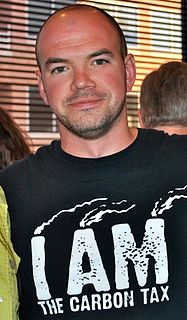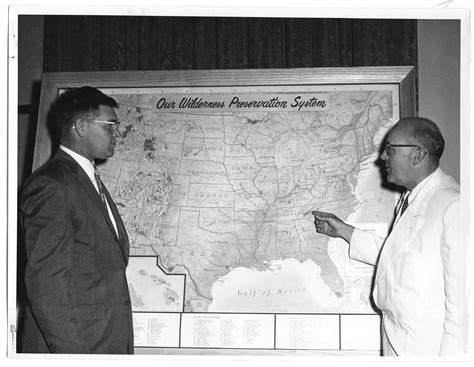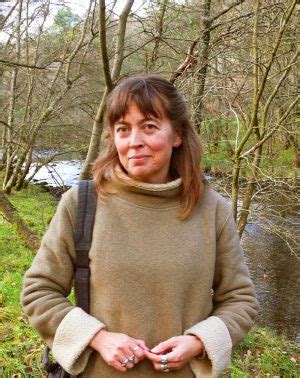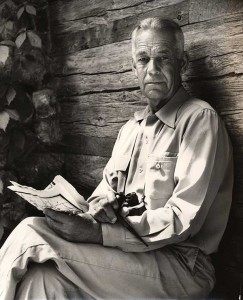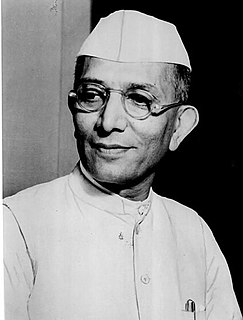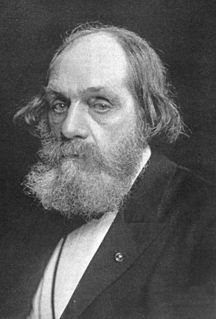A Quote by Tim DeChristopher
My values are primarily motivated by love for other people. I value the non-human world in large part because it's so vital to human beings. Even my appreciation for wilderness grows out of an understanding of how important wilderness can be for people.
Related Quotes
What the Indians are saying is that they are recognizing the right of wilderness to be wilderness. Wilderness is not an extension of human need or of human justification. It is itself and it is inviolate, itself. This does not mean that, therefore, we become separated from it, because we don't. We stay connected if, once in our lives, we learn exactly what that connection is between our heart, our womb, our mind, and wilderness. And when each of us has her wilderness within her, we can be together in a balanced kind of way. The forever, we have that within us.
A person is a person through other persons. None of us comes into the world fully formed. We would not know how to think, or walk, or speak, or behave as human beings unless we learned it from other human beings. We need other human beings in order to be human. I am because other people are. A person is entitled to a stable community life, and the first of these communities is the family.
We should not be living in human communities that enclose tiny preserved ecosystems within them. Human communities should be maintained in small population enclaves within linked wilderness ecosystems. No human community should be larger than 20,000 people and separated from other communities by wilderness areas. Communication systems can link the communities.
Solidarity is a beautiful word because it means that you reach out to those who are different from you and who have to cope with different circumstances because we recognize that we all share the same human needs and same values. It is the values that count most of all. The value of freedom of thought, the value of democratic practices, the value of respect for your fellow human beings.
Wilderness is a place where the wild potential is fully expressed, a diversity of living and nonliving beings flourishing according to their own sorts of order. In ecology we speak of "wild systems." When an ecosystem is fully functioning, all the members are present at the assembly. To speak of wilderness is to speak of wholeness. Human beings came out of that wholeness, and to consider the possibility of reactivating membership in the Assembly of All Beings is in no way regressive.
I have discovered in a lifetime of traveling in primitive regions, a lifetime of seeing people living in the wilderness and using it, that there is a hard core of wilderness need in everyone, a core that makes its spiritual values a basic human necessity. There is no hiding it....Unless we can preserve places where the endless spiritual needs of man can be fulfilled and nourished, we will destroy our culture and ourselves.
To be commanded to love God at all, let alone in the wilderness, is like being commanded to be well when we are sick, to sing for joy when we are dying of thirst, to run when our legs are broken. But this is the first and great commandment nonetheless. Even in the wilderness - especially in the wilderness - you shall love him.
We can have wilderness without freedom; we can have wilderness without human life at all, but we cannot have freedom without wilderness, we cannot have freedom without leagues of open space beyond the cities, where boys and girls, men and women, can live at least part of their lives under no control but their own desires and abilities, free from any and all direct administration by their fellow men.
Something will have gone out of us as a people if we ever let the remaining wilderness be destroyed We need wilderness preserved — as much of it as is still left, and as many kinds — because it was the challenge against which our character as a people was formed We simply need that wild country available to us, even if we never do more than drive to its edge and look in. For it can be a means of reassuring ourselves of our sanity as creatures, a part of the geography of hope.
If we human beings learn to see the intricacies that bind one part of a natural system to another and then to us, we will no longer argue about the importance of wilderness protection, or over the question of saving endangered species, or how human communities must base their economic futures - not on short-term exploitation - but on long-term, sustainable development.
Can it be possible that all human sympathies can thrive, and all human powers be exercised, and all human joys increase, if we live with all our might with the thirty or forty people next to us, telegraphing kindly to all other people, to be sure? Can it be possible that our passion for large cities, and large parties, and large theatres, and large churches, develops no faith nor hope nor love which would not find aliment and exercise in a little "world of our own"?
